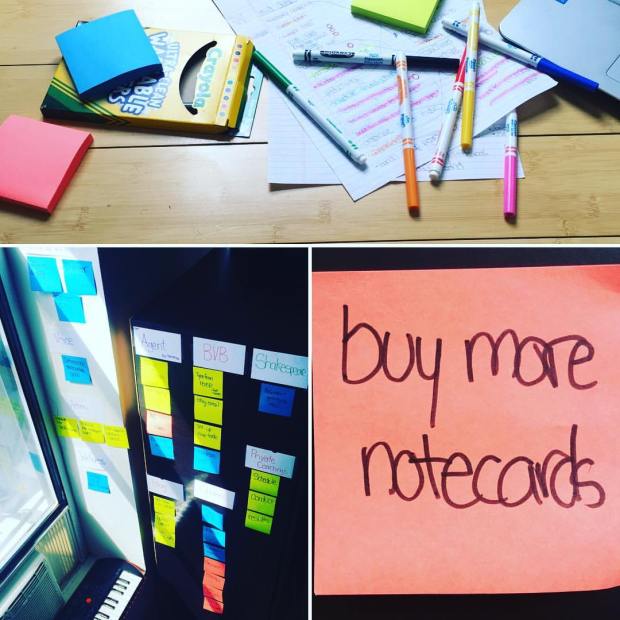A colleague of mine, adept at witty one-liners, once told how he thought most playwrights must feel in rehearsal: like a eunuch at an orgy.
In many ancient cultures, the eunuch is thought of as a necessity, crucial to the guardianship of (say) a court’s key weak spot: the queen’s bedchamber. The eunuch is privy, therefore, to the most cloistered gossip, backdoor machinations, and indeed to the wild decadence of the upper class—but can, by design, participate in none of it.
So what I’m saying is: playwrights are frustrated.
Oh of course that’s a lazy generality, and only half-true. Most playwrights (myself included) love nothing more than being interwoven with the process of development and rehearsal, and indeed thrive on it. But there is that constant nettle of being the architect who built the swings and monkey bars but can’t play on them.
So why, I hear you ask, are you rambling about this? Simple: because a playwright wants you, yes You, the Actor, to relieve their torment. A great director, great design team, yadda yadda, will certainly help like a soothing balm, but the real medicine for the stymied playwright is the Right Actor. And if you can be that Right Actor, secret treasure awaits you.
Here are, in one poor scribe’s opinion, the things to know as an actor when auditioning for/seeking out/working on new work—things that’ll shimmy you seamlessly into a playwright’s Good Graces.
1. HELPING SOLVE THE PLAY
The best callback I ever saw was one after which I went home wanting to rewrite the scene they’d used for their sides, because they played it with more depth and wisdom than I’d written into it. Both in auditions and in rehearsals, a writer above all wants you to, Midas-like, touch their work and turn it to gold. It’s not as hard as you think.
Time-permitting, figure out everything you can in advance: I personally don’t mind sending lengthy excerpts of new plays to auditioning actors, as a courtesy. Some won’t. Maybe many won’t. However, it loses you nothing to pursue whatever information can be easily provided. Don’t ask to be emailed with a complex summary of the character’s backstory, but it wouldn’t hurt to say “I’d love to read the script, or an excerpt, or whatever, just so that I know the play and the part!” If they say no, probably it’s not going to lose you the job, and if they say yes, you’re that much more prepared.
Ask specific questions about the text, or don’t ask questions: This one’s a big sign for a persnickety writer. Some of those casting room classics like “Was I doing it the way you wanted it?” or “Can you tell me how X is feeling in this scene?” honestly won’t win you any points. Playwrights all want their texts to stand for themselves, so if an actor can’t at least intuit an emotion out of the words, the playwright feels slighted. But if you can ornament a question with a clear understanding of the text, go for it! “I feel like the character is X, Y, and Z, based on when she says P and Q, is that what you want?” Caveat: questions about pronunciation are always allowed.
Make a text-based choice, get ready to drop it. Bold choices are great, woo, but you’ve got to be careful. If you make a decision that a character is angry in a side, then play it really angry, and that’s not what the playwright thought, you’re in hot water. But if you play it with a solid undercurrent of fury, the writer will be intrigued (even if they don’t, perhaps, agree). If you think you know beyond all shadow of a doubt what the Right Choice is, well go for it, but be sure it comes explicitly from the words scrawled on a side or a page.
2. WORDS, WORDS, WORDS
The words are our delicate little glass figurines. Above all we want them taken care of.
Don’t improvise: I mean, just don’t do it. I wrote stuff, I wanna hear that, not something else. If the director gives you space to improvise, then it’s been discussed, and you can go ahead.
Don’t paraphrase: I admit that I’d rather have someone with pages in hand getting the words right, than someone trying to be off book but unable to say the right words. If you’re 90%, that’s plausible—I won’t liquefy because you misplaced an “an” or an “or”—but if you’re just saying a version of the line with only a few words in common, a writer’s dander is up. At the very least, it will work out better for you if the writer thinks that you value equally every comma and line break—because, believe it or not, they’ve thought about every one.
Find the way to make the words your own. Make love to the words! Savor ‘em! Maybe it ain’t Shakespeare, but you’ll have such a better time if you treat even the dreck like it’s sublime. Let a playwright know you love the words. Don’t throwaway lines, words, clauses. Don’t go too fast. Do those vowel and consonant exercises before you audition for a new play.
3. ACTOR VS. STORY
This one could be a whole essay in itself. I’m not a big fan of David Mamet’s sorta-treatise on acting, True and False, which I’d call woefully reductive of the joys of performance—but his cry for actors to stop worrying about “theory” and to just learn lines and hit their marks comes from a deep-seated playwright neurosis, that actors tend to have a hard time getting.
Your psychological truth doesn’t matter as much as The Story*
*to the writer, anyway
Okay. Hard one. Yes, your Acting matters, your Character and your Subtext. But sometimes you (the actor) are going to ask me (the playwright) “Why do I say this line?”
And my honest answer is going to be “Because it’s in the script.”
And that could mean a few things. It could mean “It supports a metaphor I’m setting up for later,” or “It’s been 10 minutes since the audience laughed and we need a joke to break tension” or “The character says that because I once heard someone respond with that line to an event and it stuck with me” or WHATEVER. But our answer might not be the one you want to hear.
And I beg of you, Actor, to accept that. Sometimes we’ll have the answer you want, that supports your backstory and illuminates your playable actions and super-objective, but sometimes we won’t. A skilled Playwright’s Actor is one who knows how to bring their theatrical honesty even to moments where they just have to stand in a spot and deliver a line a certain way. Classical work can really ready you for this. It can fly in the face of all your training, but it’s an invaluable skill—prioritizing the play above the player.
4. ENDGAME
Of course there’s more to it than just being the right actor.
Find the writers you love, and tell them so. Audition for a new play you loved but didn’t get in? Tell the writer your feelings and ask for the script, or their other work, or whatever? Say why you liked it? It’s a LOT easier to brown-nose with a playwright than with a director, and most of us don’t mind. Engage with a writer about their work outside the audition room.
Find your writers. Coda to the above, better than just finding fun writers, find the ones whose aesthetic matches yours, whose plays you would be dazzling in. Maybe there’s no perfect part for you in the Western Canon, but this writer’s next play could have it.
Now I hear you ask, clamoring out of this swamp of bullet points, what does all this get us? A casting director can get us seen by the Crème de la Crème, a director can call us in for Big Stuff. What’s the use of being a Playwright’s Actor?
We’ll remember you—We’re behind fewer audition tables than those “industry regulars,” and the thing you’re speaking is our text, so you’ll get stuck in our heads if you rocked it. An actor who can make music of my drab words is a rare prize. Even if you’re not cast, you can bet I’ve scribbled your name in a margin somewhere.
We might even WRITE for you—Gold Medal of being a Playwright’s Actor is, yes, we might (either consciously or unconsciously) write you into our work. Some thespians who’ve proved themselves able in my plays always find a character to play in my work, simply through a natural marriage of style.
It’s not a guarantee. But let’s go back to my favorite analogy, the Eunuch at the Orgy. Imagine you’re a, um, participant, having trough-loads of fun, and you see the poor Eunuch, holding a giant fan in the corner of the boudoir. Go over to him, talk to him a bit, make his day just that much better. Imagine what secrets he could unfold to the person noble enough to deserve them.

Matt Minnicino is a playwright, teacher, actor, and director. He tells stories, likes people, does things. mattminnicino.com
Cover photo by Mike Goldstein, Headshot by Matthew Dunivan Photography



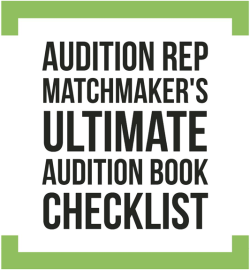

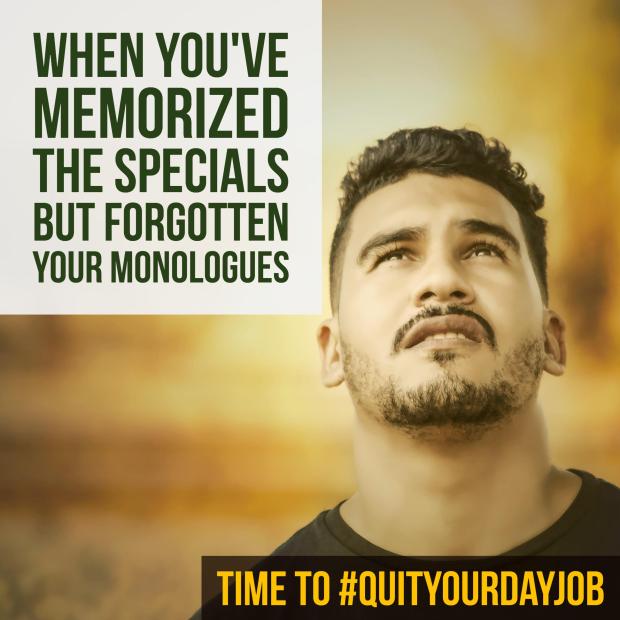
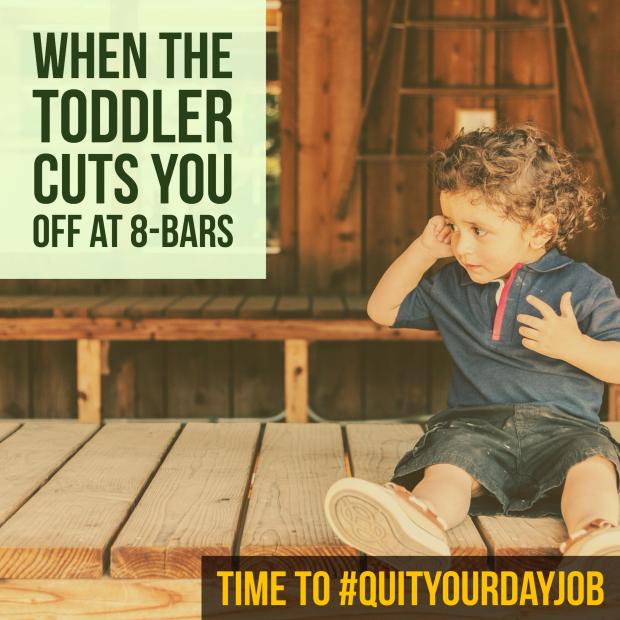
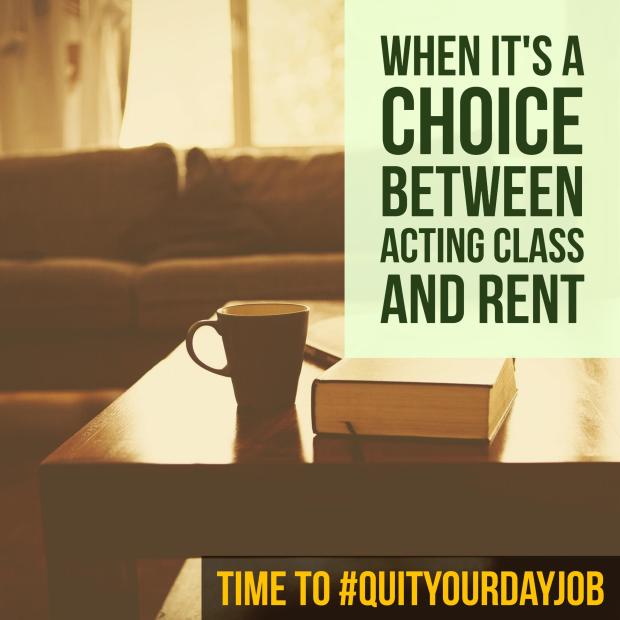
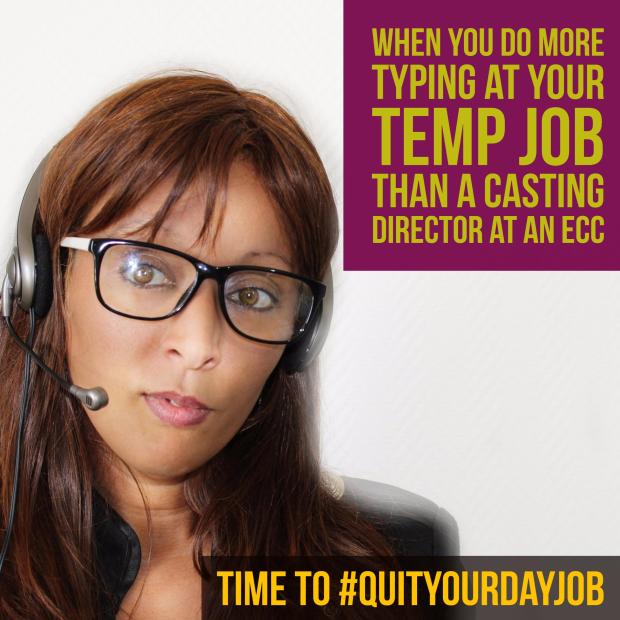
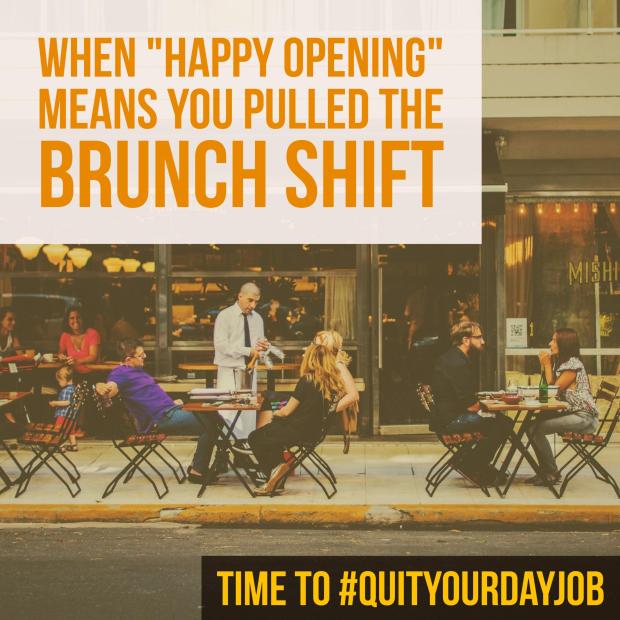
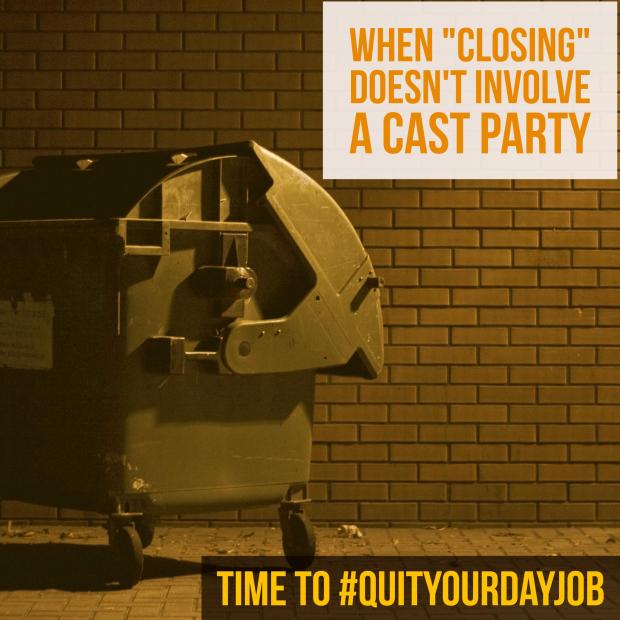
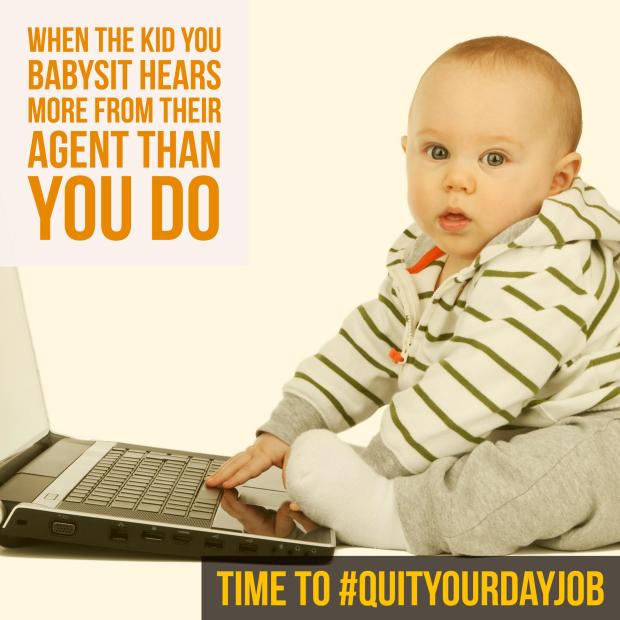
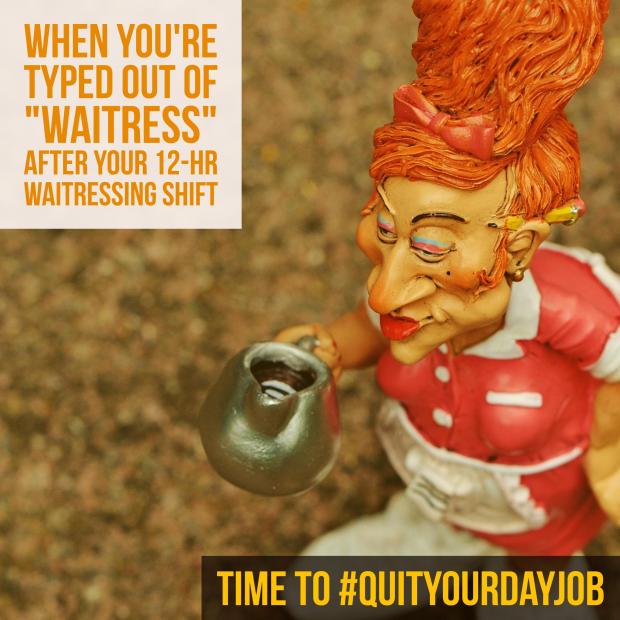
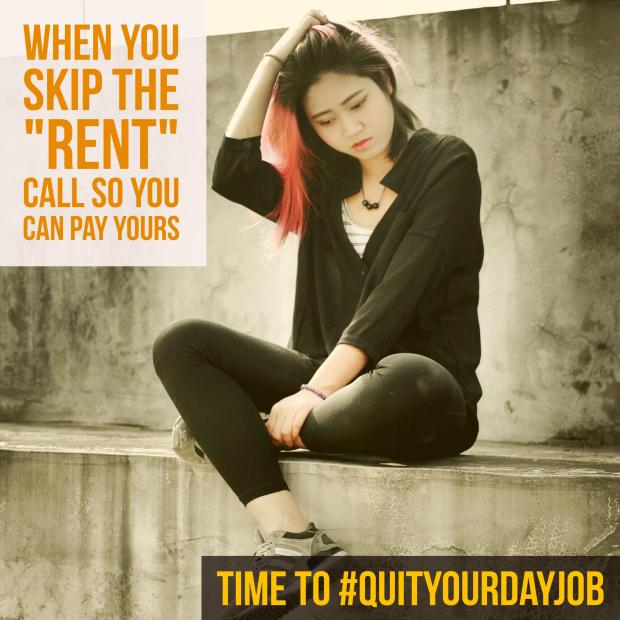
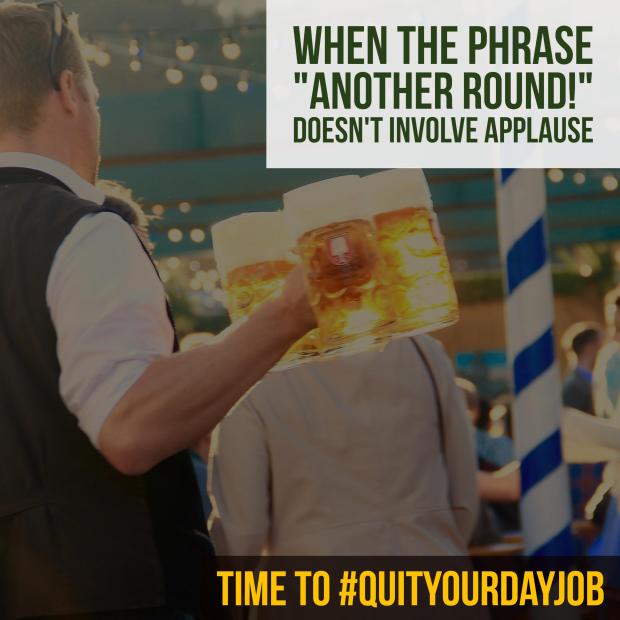
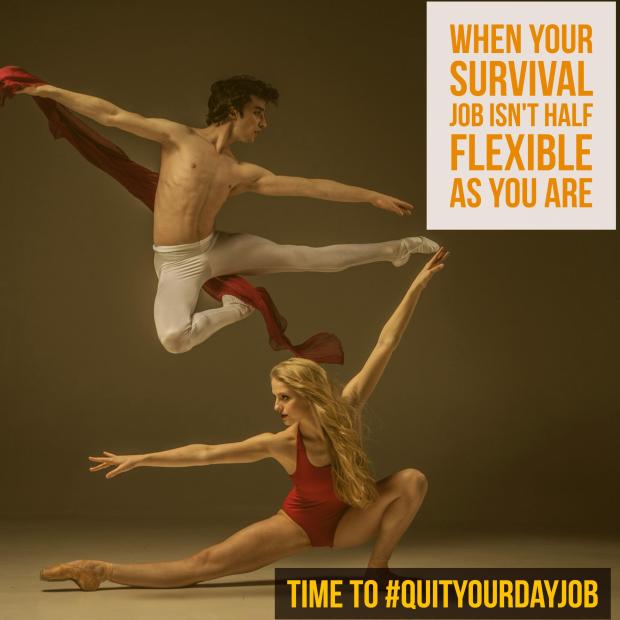
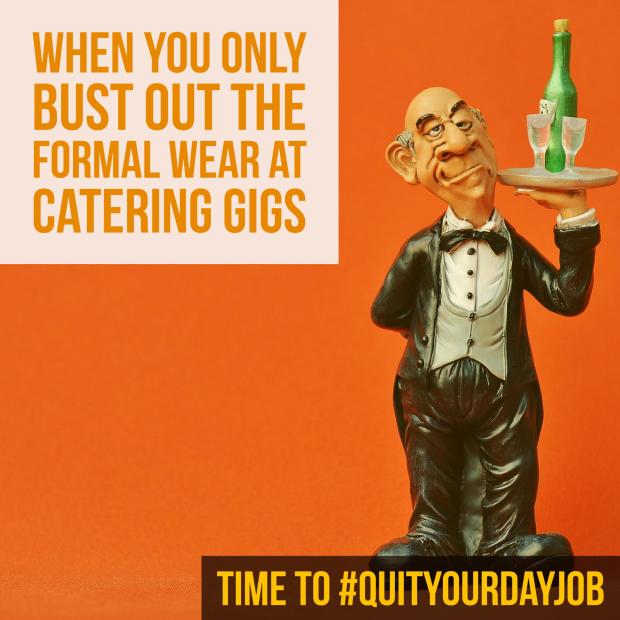
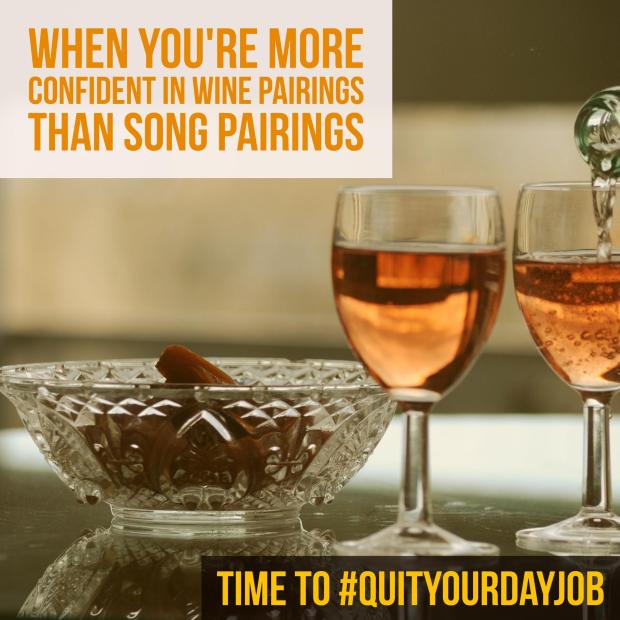
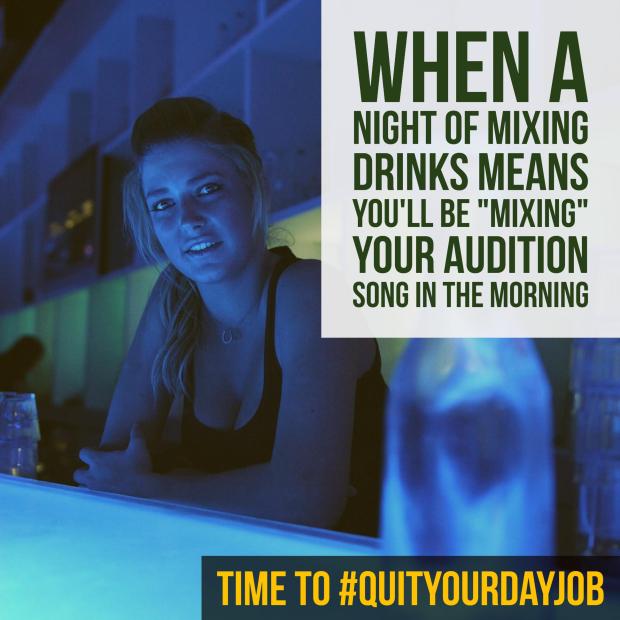
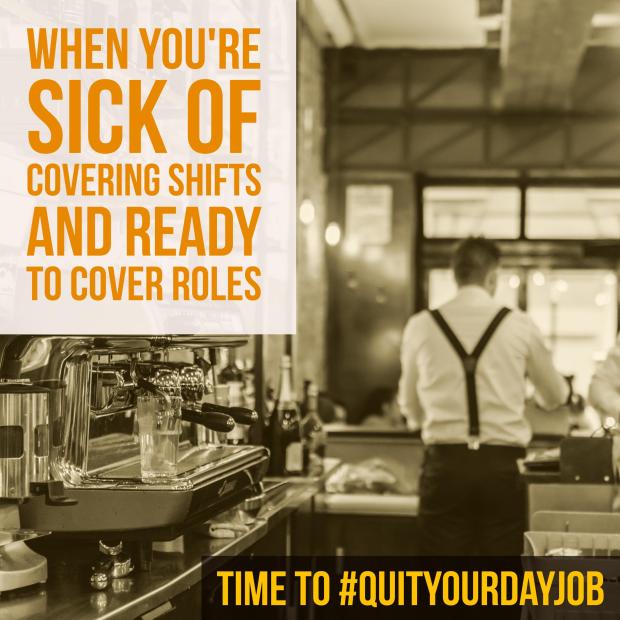
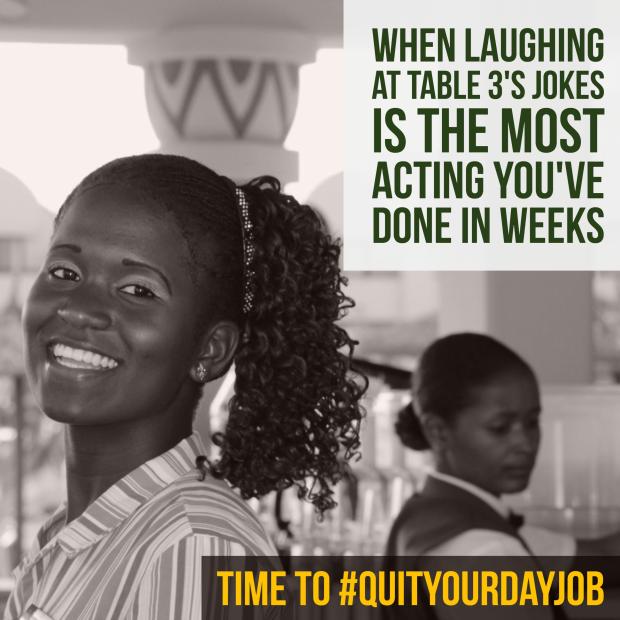
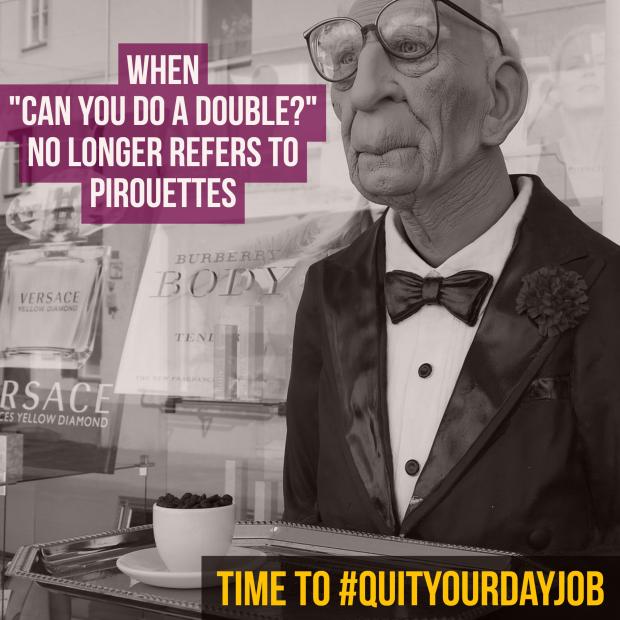
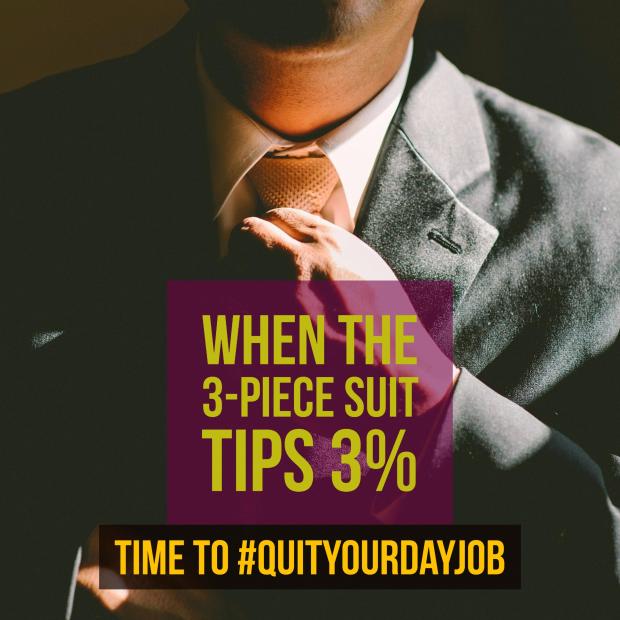
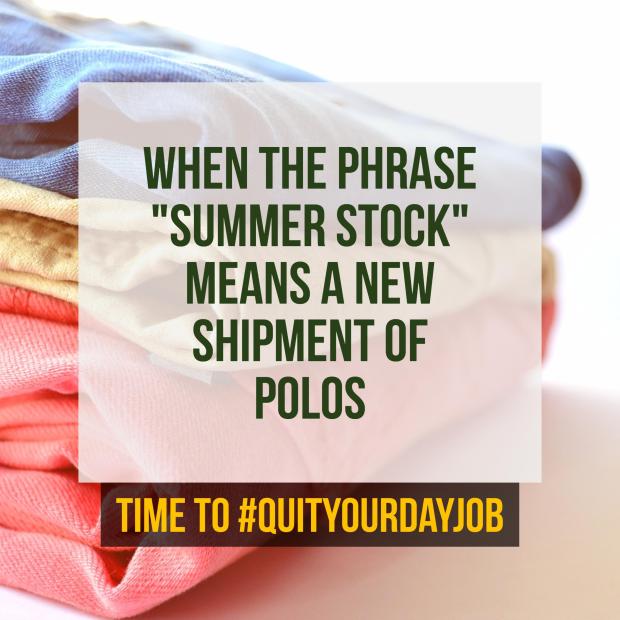
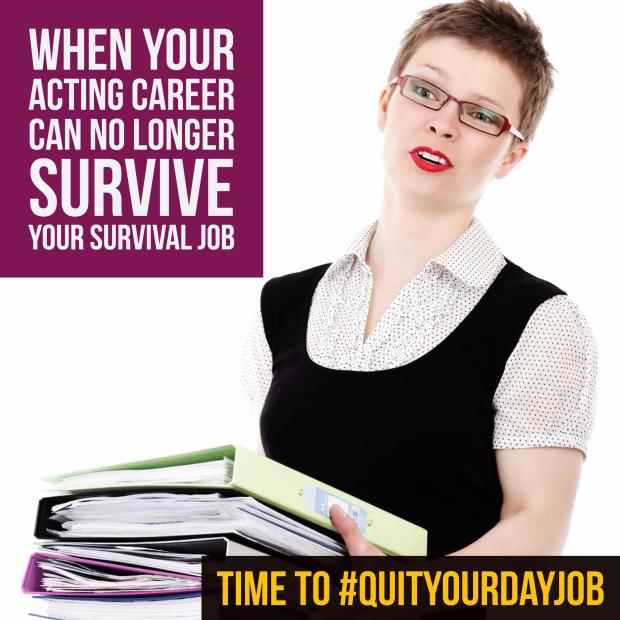
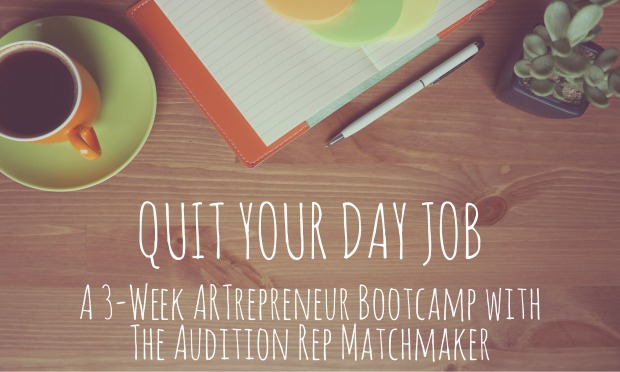
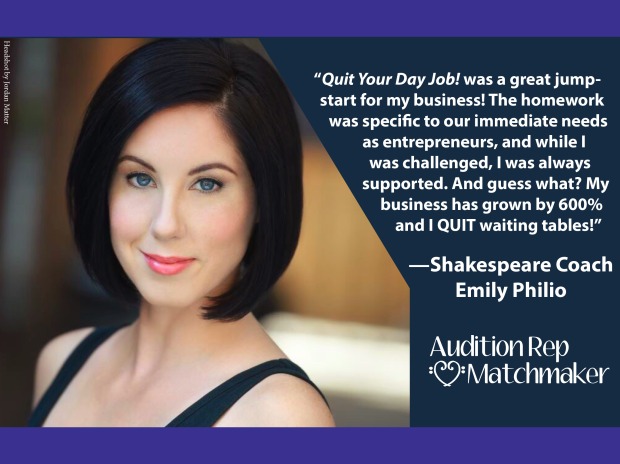


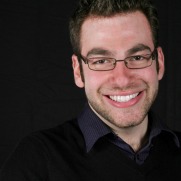

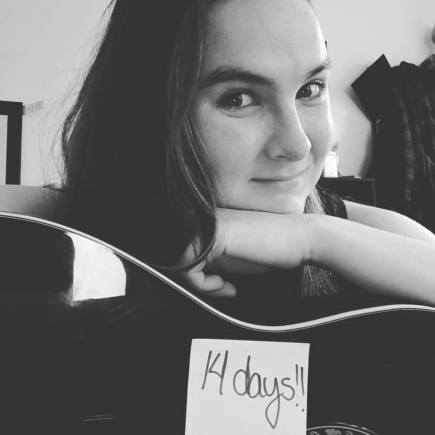 Last week I posted a promise on my account that by the end of October I will post a video of me playing and singing at the same time.
Last week I posted a promise on my account that by the end of October I will post a video of me playing and singing at the same time.

